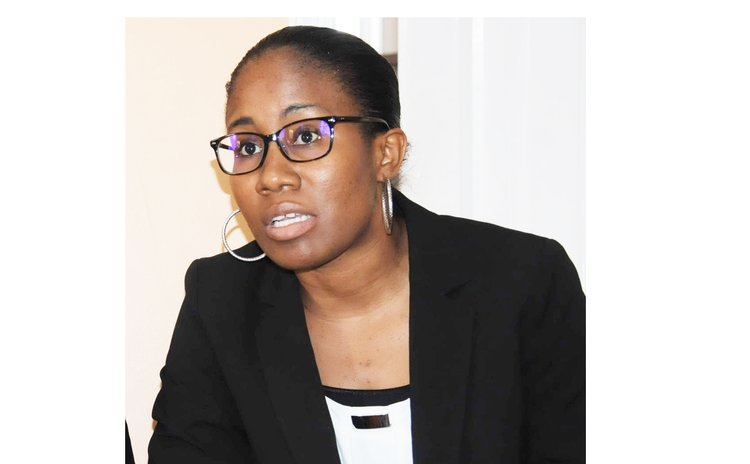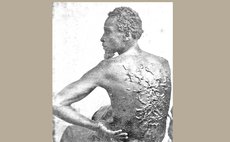Salute to Cara Shillingford-Marsh

Through this medium, I salute and thank Mrs Cara Shillingford-Marsh for her courage and stalwart civic actions in demanding good governance and defending the public interest. Mrs Marsh is not only concerned with the interests of her private clients, but she is what so many lawyers on this island are not: a defender of the interests of the public on the whole. She is prepared to challenge public or State institutions that fail to carry out their legal mandates. I cite as a specific case her application to the Court in May 2021 for judicial review of the decision of the Integrity Commission to allow, incredibly, a person in public life to keep a gift of a motor vehicle valued at EC$194,000.
The Integrity Commission, a much watered-down entity after self-serving amendments were made by the majority in the Parliament to the legislation relating to the conduct of its work, filed for the application of Mrs Marsh to be dismissed on the grounds that the application and a supplemental affidavit which she also filed were submitted late and failed to provide any explanation for the purported delay. In her oral ruling on the matter on 28 July, Judge Birnie Stephenson refused to admit the applicant's supplemental affidavit on the basis that she (Mrs Marsh) ''had breached her duty of candour, having failed to provide the reason for the purported late application.'' (To be clear, candour means the quality of being open and honest).
Ms Marsh appealed Judge Stephenson's ruling to the Eastern Caribbean Supreme Court of Appeal. In November 2022, the Appeals Court dismissed the ruling of Judge Stephenson and found that Ms Marsh's affidavit was properly filed, given that there is no enactment (including the Civil Procedure Rules) that imposes a particular time limit relevant to the case and the frank representations in her application and evidence file.
The three Appellate judges found it difficult how Judge Birnie Stephenson could have concluded that the appellant needed to give full and frank disclosure. The judges went on to plainly state ''the arguments regarding candour on an ex parte hearing were a red hearing which unnecessarily diverted the learned Judge from the true issue which was before her for determination.'' (Emphasis mine). They averred, ''The learned judge erred in principle, and her ruling exceeded the generous ambit within which reasonable disagreement is possible and was blatantly wrong.'' (Emphasis mine).
Mrs Marsh has impressed in her relatively young career with significant cases, some of which are of constitutional import, and she has argued at the highest level of the Court system, the Caribbean Court of Justice. I wish her continued success and look forward to her continuing to champion the public interest in the court of public opinion and at the Courts of law.
Michael Norris



